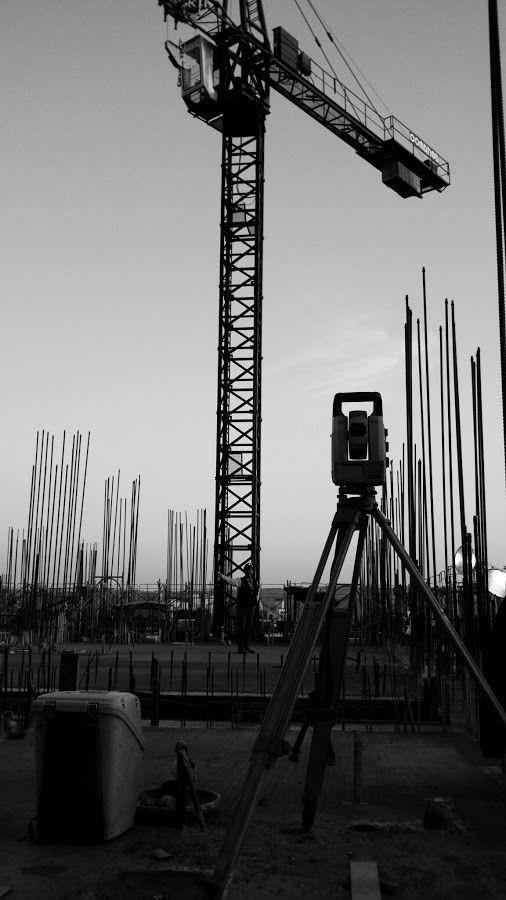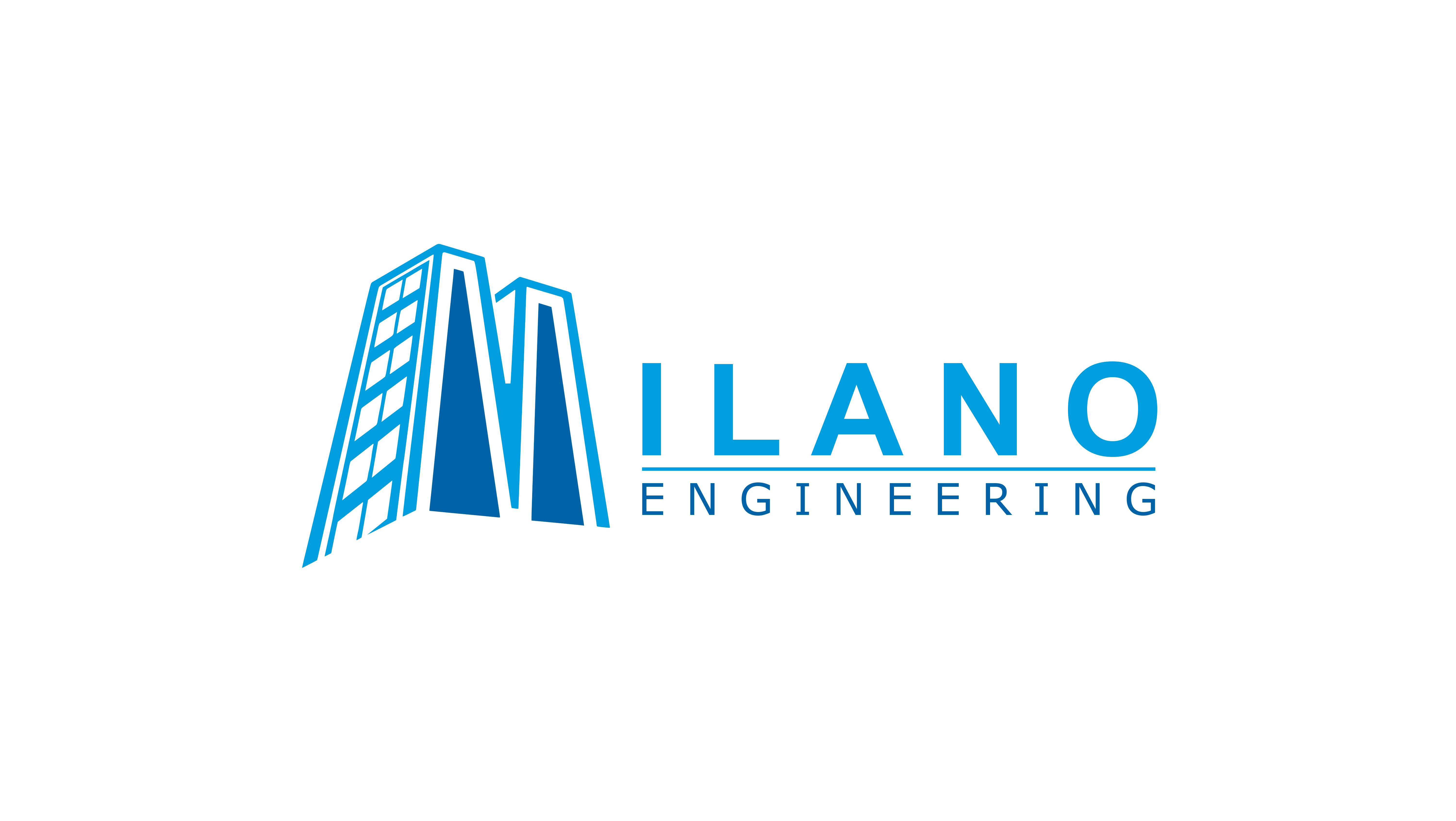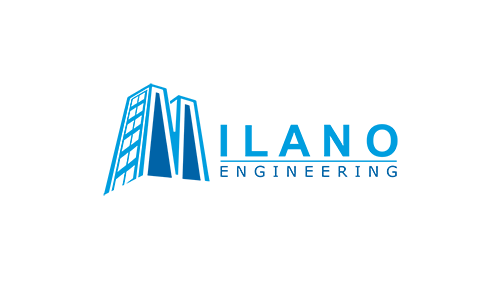
Residential and commercial construction projects have numerous differences in tools, materials, purpose and functionality. Commercial construction costs tend to be much higher compared to residential construction and are more likely to be publicly funded. While housing construction is often financed privately via private equity and bank loans. These are the main differences between residential and commercial construction.
Purpose
Residential buildings are typically residential buildings and apartment buildings. The projects range from self-construction to housing estates and residential complexes. On the other hand, commercial construction is used for the construction of offices, industrial plants and commercial establishments. controlled by the start-up company and the commissioned commercial construction company. Of course, the purpose of a construction site has a major impact on the materials and equipment used, as well as the functionality of the space.
Materials
Residential projects are likely to rely on less expensive materials that can be used on a smaller scale. Wood is a popular choice for housing projects due to its affordability. Although residential projects with a larger budget can have more options, creativity and flexibility in choosing their materials. Residential materials are likely to focus more on aesthetics, while commercial builds seek functionality and cost-efficiency on a larger scale. For example, commercial buildings are more likely to use roofing membranes than the traditional roofing materials more commonly found in residential buildings. Commercial construction sites operate on a larger scale and can afford more investment in materials such as steel. Commercial companies typically benefit from economies of scale by ordering large quantities of materials.
Project Duration
Residential projects are much shorter than commercial projects and less complicated. Commercial projects typically require large numbers of people to meet deadlines and maximum efficiency to generate higher profits. Corporate websites often have shorter deadlines while also having more diverse capabilities on the site. On the other hand, residential sites operate much more slowly, using fewer workers with less efficient equipment. Commercial projects are likely to take longer due to their complexity and scale.
Equipment
Commercial projects often require powerful machinery and specialized equipment to perform complex tasks. The workers need special training to operate some machines, which involves additional costs. Commercial job sites may warrant additional training costs for specialized labor and machinery. Larger job sites may require cranes and earthmoving equipment that require specific health and safety training and experience to operate. Housing construction often takes place on a much smaller scale and does not require as heavy equipment. In the case of home construction, homeowners often choose to build parts of their home themselves to save on labor and machine hire costs. When these DIY projects go wrong, their smaller scale makes them fairly easy to fix. It’s also important to note that commercial websites are more prone to large lawsuits if something goes drastically wrong.




